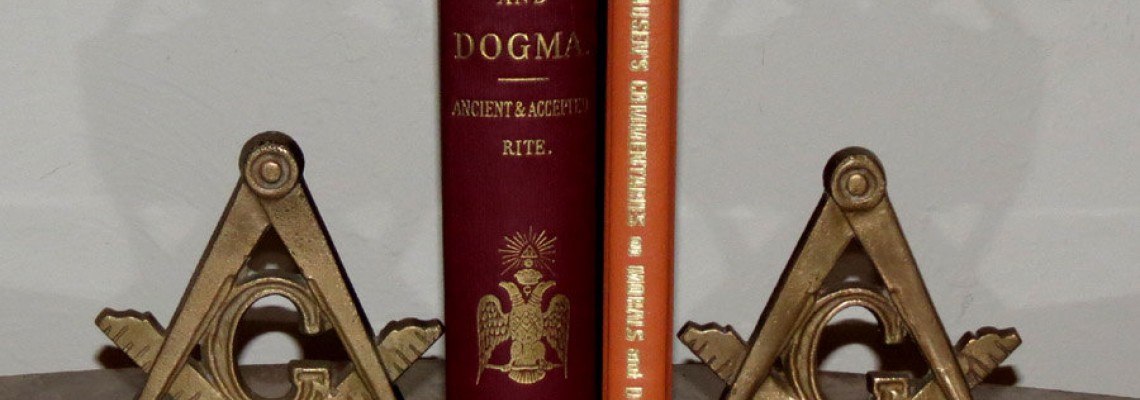
Being a Freemason is not just about wearing exclusive Masonic regalia or associating with some of the most powerful people in the world and being called their brothers. Being a Freemason also means being able to understand the roots of the brotherhood, the beliefs by which the group stands by, and the rich history and culture that great men have passed from one generation to another. Part of this understanding is going back to the roots of the brotherhood, an act where learning more about the old charges or constitutions becomes a very important part. These old charges and constitutions are known as the Masonic manuscripts.
Here are some of the most important Masonic manuscripts, starting from the oldest ones moving to the more recent ones:
· Halliwell Manuscript (also known as the Regius Poem). The oldest of the Old Charges.
· Matthew Cooke Manuscript. The oldest constitution written in prose.
· Dowland Manuscript. It is the second oldest constitution written in prose.
· Grand Lodge No 1. It is the first of the charges to have a date written on it.
· Lansdowne. It was purchased by the British government and is often cited as an Elizabethan document.
· York No 4. A most controversial manuscript, it was the first to describe a separate Apprentice Charge, which is a set of oaths that is meant for apprentices.
· Melrose No 2
· Printed Constitutions
· Edinburgh Register House MS
· Airlie MS
· The Chetwode Crawley, The Kevan, and The Trinity College
· The Haughfoot Fragment
· Graham Manuscript
· Mary’s Chapel Minutes
· York Minutes
· London Grand Lodges Minutes
Through each of the pages of these manuscripts, every Freemason finds out more about how Freemasonry was done in the past, a necessary piece of knowledge especially if you want to wear your Masonic regalia with pride and full of the knowledge that there were hundreds and thousands of those before you who did the same thing you are doing now.
